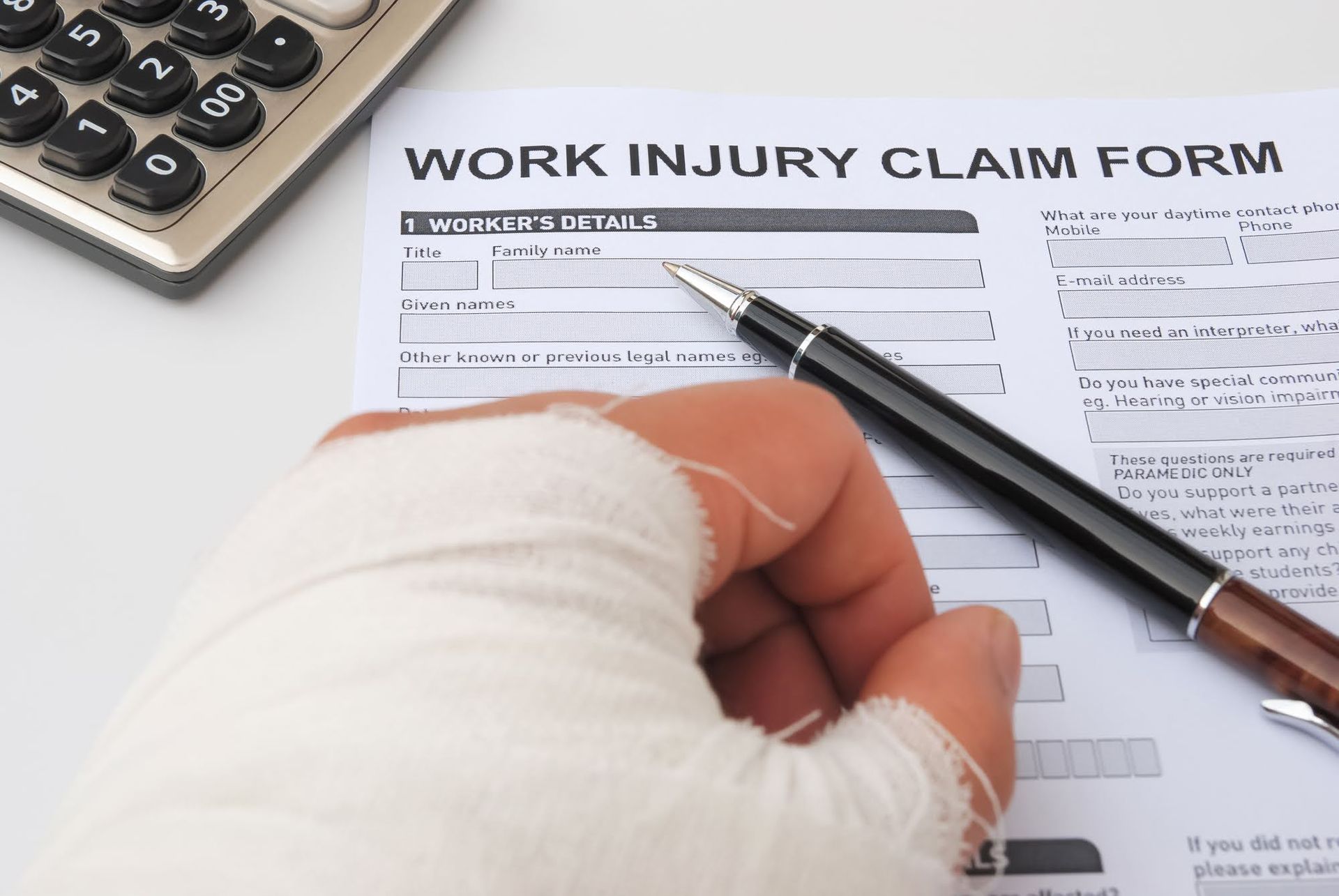Address: 1201 East Street Parkville, Missouri 64152
Toll Free:
Call Us Now:
AN OVERVIEW OF WORKERS' COMPENSATION NOTIFICATION AND CLAIM DEADLINES
Workers' compensation laws prescribe deadlines for injured employees to initiate their compensation claims. You should be aware of these deadlines so that you don't miss your chance at workers' compensation benefits. Read on to learn more about these deadlines.
Different Deadlines Apply
Several factors determine workers' compensation deadlines. Some of these factors include the following:
Nature of Deadline
Employees have different deadlines for their workers' compensation claims. For example, you must notify your employer about your injury or illness within a specific deadline. Workers' compensation also has a specific duration within which your injury must reach them. These two deadlines may differ.
State Laws
State governments determine workers' compensation laws. Thus, workers' compensation claim deadlines vary by jurisdiction. For example:
- Missouri gives you 30 days to notify your employer about your injury and two years to file your claim with the Division of Workers' Compensation.
- Kansas gives you 200 days to notify your employer of your injury and the same number of days to file your case with the Division of Workers' Compensation.
Thus, the state that has jurisdiction over your workers' compensation case determines the applicable deadlines.
Employer
Federal employees follow different workers' compensation laws from other employees. As such, federal workers' compensation claims also have different deadlines. You have three years to file your workers' compensation claim as a federal worker.
Nature of Injury
Workers' compensation claims cover accidental injuries, cumulative trauma, and occupational diseases. The main thing is that the disability relates to your work. The nature of the injury also affects the deadline. For example, occupational injuries and cumulative traumas usually have longer deadlines than accidents.
Late Notifications or Claims Are Possible
Workers' compensation will likely deny your claim if you file it past the applicable deadline. However, exceptions exist to this rule. Below are some circumstances in which workers' compensation may allow your claim after the deadline.
Incapacitation
Some injuries may leave you incapacitated and unable to send official notifications or file claims. At best, you may use someone (such as a workers' compensation lawyer) to handle the notifications on your behalf.
However, even such arrangements are not always possible. For example, you may not be able to do anything if you are in a coma. A disability that requires immediate and prolonged inpatient treatment can also prevent you from filing your claim.
Quarantine
Highly contagious diseases often require isolation or quarantine to avoid spreading the infections to others. The notification deadline might stretch beyond the employer notification deadline. In such a case, workers' compensation may allow your late notification.
Unclear Reporting Rules
Employers play a significant role in workers' compensation claims. For example, employers should inform their employees on workers' compensation notification and deadlines rules. Workers' compensation laws require employers to post notices on these rules. You may file a late claim if you did not know about these rules because your employer failed to post the notice.
Employer Awareness
Lastly, you may also succeed with a late claim if your employer was or should have been aware of your injury. Consider a case where you slip and fall while walking around a warehouse with your supervisor. In such a case, your employer (through the supervisor) should be aware of your injury. Another example is if your employer learns about your injury from your colleagues.
Whatever the deadlines say, you stand to benefit the most if you notify your employer about your injury as soon as possible. For example, the sooner you make the notification, the faster your claim process will begin, and the faster you will get your money. Contact Spooner & Perkins P.C., to help you process your workers' compensation claim and benefit from our decades of experience.

CONTACT INFORMATION
Email:
Phone:
Toll Free:











